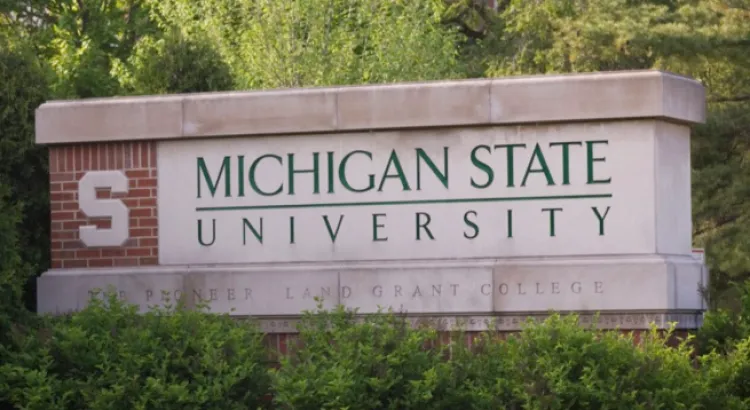Michigan State University (MSU) is investing over $18 million per year on diversity, equity, and inclusion (DEI) efforts, according to a recent report from The College Fix. The university has employed more than 140 staff members to manage 222 different DEI projects, with 22 initiatives already implemented and 200 more in progress or under review.

These efforts are part of MSU’s “MSU 2030 DEI pillar” program, which aims to make the university a national leader in diversity and inclusion. The program’s objectives include recruiting and retaining a more diverse student body, hiring more minority and activist staff, integrating DEI into the curriculum, and forming partnerships with underrepresented communities.
One notable initiative from the past year involved the distribution of $339,000 in grants by the MSU Office for Institutional Diversity and Inclusion. These funds supported 32 projects, including creating an inclusive work environment at the MSU-Hurley Children’s Hospital Pediatric Public Health Initiative and promoting DEI curricular growth focusing on sexual gender minority health.
MSU’s Vice President and Chief Diversity Officer, Jabbar Bennett, earned $363,511 this year before benefits, while Deborah Johnson, the director of the Diversity Research Network, makes $204,471 annually. Despite the substantial investment, MSU spokesman Mark Bullion emphasized that DEI administrators constitute a small fraction of the university’s workforce of over 12,000 employees.
MSU is not alone in its DEI investment. The University of Michigan employs 241 staff members focused on DEI, with an estimated $30 million annual payroll. Critics, like James Hohman from the Mackinac Center for Public Policy, argue that lawmakers should reassess the funding for state universities to ensure taxpayer money is being effectively utilized.